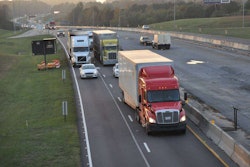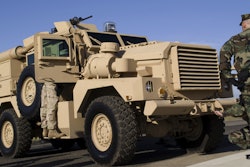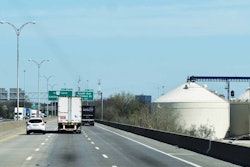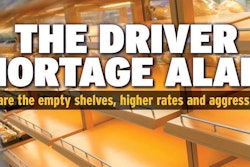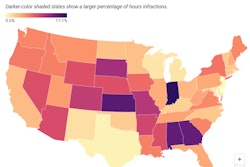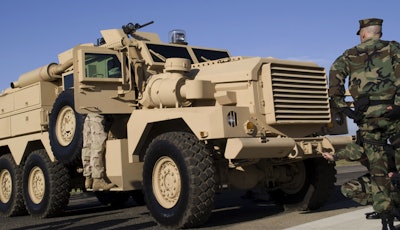 FMCSA is seeking public comment on a proposed pilot program that would allow 18-20-year-old, military-trained drivers to drive across state lines.
FMCSA is seeking public comment on a proposed pilot program that would allow 18-20-year-old, military-trained drivers to drive across state lines.The Federal Motor Carrier Safety Administration will accept comments from the public and trucking industry stakeholders over the next 60 days for a proposed pilot program that would allow military-trained, under-21 CDL holders to drive across state lines.
Currently, drivers under the age of 21 are restricted to drive only intrastate. The 2015 FAST Act highway bill, however, requires FMCSA to establish the under-21 pilot program for military vets, potentially as a means to opening the door for non-military vet, under-21 drivers to operate interstate.
The agency first proposed the three-year pilot program in August 2016 and collected comments on whether there were any additional safeguards needed to ensure safety with the program. The request for comments set to be published July 6 in the Federal Register seeks comments on the pilot program as a whole before it is submitted to the White House’s Office of Management and Budget for approval.
During the pilot program, FMCSA says it intends to collect information from participating fleets and drivers to determine if the safety outcomes of drivers under the age of 21 with military experience driving heavy-duty trucks are similar to the safety outcomes of truckers between the ages of 21 and 24. Military veterans and reservists must have training in one of seven Military Occupational Specialties (MOS) that require heavy-duty truck training. To come to fruition, the White House’s Office of Management and Budget must approve the program and FMCSA must publish a Final Rule establishing the program and its parameters.

The agency says the plan is to have approximately 50 fleets participating in the program at a time who will hire a combined 200 current or former members of the armed forces or reserve and National Guard components between the ages of 18 and 20 annually. These carriers will also need a combined 200 under-21 intrastate drivers and 200 drivers between the ages of 21 and 24 as a control group to compare safety data during the program.
FMCSA adds that because of the industry’s high driver turnover rate — and the fact that some of the drivers will turn 21 before the end of the three-year pilot program — participating fleets will need to add additional drivers to the program over time. Drivers participating in the program will not be allowed to drive trucks with special configurations or be allowed to transport hazardous materials.
Carriers will be required to submit monthly data reports to FMCSA, as well as alert the agency if a (1) participating driver is involved in a crash with an injury or fatality, (2) a driver receives an alcohol-related citation, (3) a driver chooses to leave the study, (4) a driver leaves the carrier, or (5) a driver fails a random or post-crash drug/alcohol test.
During the upcoming comment period, FMCSA is asking the public and industry stakeholders to weigh in on whether there are specific criteria that should make a driver or carrier ineligible to participate in the pilot, whether carriers should be required to inform FMCSA of any information in addition to what is already required and more.
Comments can be made beginning Friday, July 6, at www.regulations.gov by searching Docket No. FMCSA-2017-0196.

